


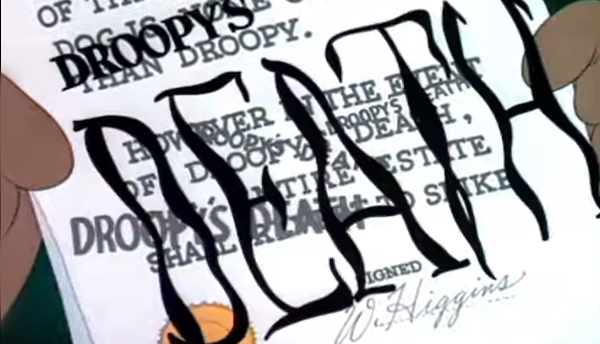
In a brief essay on G. K. Chesterton, Jorge Luis Borges drew a comparison between the voluminous Briton and Edgar Allan Poe, pointing out that the latter wrote tales of pure fantastic horror and invented the detective story, but never mixed the two genres. As on other occasions, Borges was dead wrong; though it is to be suspected that his error was less the product of diagonal reading than of an attempt to establish Chesterton’s originality. Because any reader of Poe’s “The Murders in the Rue Morgue” (to quote the blueprint for all detective fiction) will notice how, in a deductive tale subjected to an iron logic, the heart of the enigma encloses the most palpable image of the Irrational – a mad ape. On the other hand, those stories belonging to his fantastic horror vein, such as “The Pit and the Pendulum” or “A Descent into the Maelström” are characterized by its strange incursions in the opposite direction when, in the midst of a crisis of uncontrollable panic, their narrators begin to engage in mathematical calculations about the extent, weight or measure of the Unseen. After all, the man wrote “It will be found, in fact, that the ingenious are always fanciful, and the truly imaginative never otherwise than analytic.”
Perhaps in none of Poe’s stories is this characteristic combination of logic and irrationality more evident than in “The Tell-Tale Heart”. Our host does not hate the old man, only his eye, so it is impossible to him to strike when his victim sleeps: the damn eye is out of order. Here we have a perfectly absurd premise developed with great analytical care. The result is terrifying, of course, but with a couple of tweaks here and there it could be also quite comical. An affair for a cartoon, let’s say; and I’m not necessarily referring to the overly literal UPA version. I’m thinking more along the lines of Tex Avery.
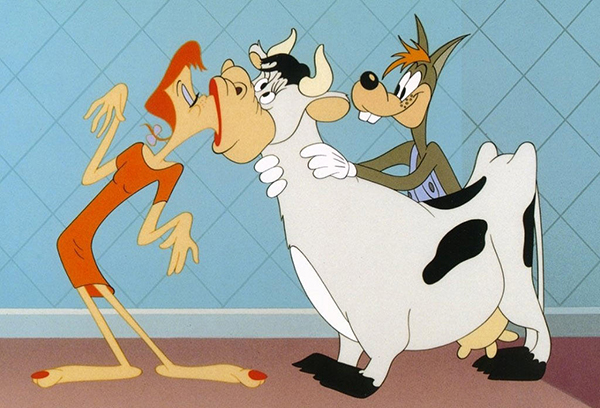
An absurd premise, presented in the first minute of the cartoon almost as if it were a mathematical equation, to be logically pursued through a series of gags strung together in a crescendo; this could sum up Tex Avery’s basic formula. The recipe is irresistibly comic in Avery’s hands, but his comedy often has terrifying elements. The relentless presence of a persecutor from whom it is impossible to hide, the unrestrained growth à la Winsor McCay’s or the frequent allusions to insane asylums are motifs that seem somewhat taken from Poe’s horror stories… which, on the other hand, are full of comic possibilities -as R. L. Stevenson rightly pointed out.
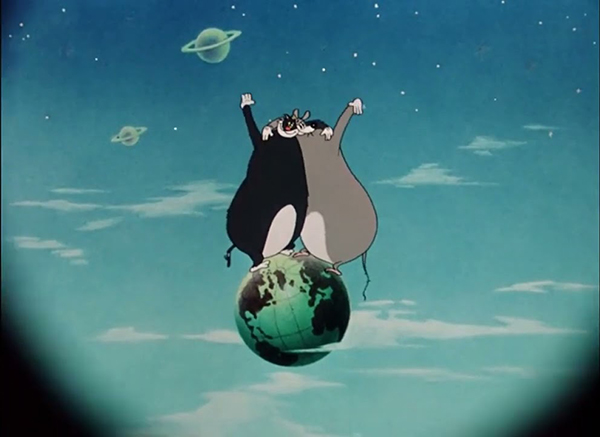
In any case, there is a certain familiarity between Poe and Avery. They are two of a kind. Of course, one we associate with horror and mystery and the other we think of as a comedic genius. But it’s fair to suppose that if you grew up in Virginia reading the classics you are more suited to squeeze out some screams from the horrific and the sublime than the laughs you might aspire to get when you graduated from Termite Terrace. And yet, their raw material is more similar than it seems. Or am I insane?
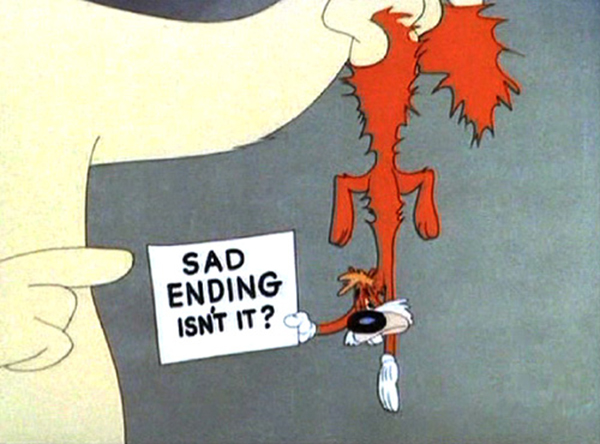
Let us note in passing that this somewhat excessive parallelism bore some fruits. The ineffable IMDB cites Poe as co-writer (along with Rich Hogan) of Avery’s The Cuckoo Clock (1950), and given that the cartoon is a parody rather than an adaptation of a previous story, we must assume a collaboration beyond the grave, through a séance or similar.
More interesting is the still living Poe’s incursion into Avery’s field, considering that neither Tex nor his medium existed yet. “The Angel of the Odd” (1844) is a rare piece in its author’s repertoire, one of Poe’s few forays into comedy that has often been compared to the (yet to be done) films of Chaplin, Keaton and… Tex Avery. A dizzying series of gags featuring madness, fires, falls, blows and an Angel who talks as only Mel Blanc could, leads one to believe that our man in Virginia had a sense of anticipation – even in his lesser known tales – that few could boast.
But let’s move on to the evidence, in order to support this audacious thesis. To that end, I have attached to some of the most representative images of Avery’s corpus some of Poe’s best-remembered sentences. I think the result will speak for itself.
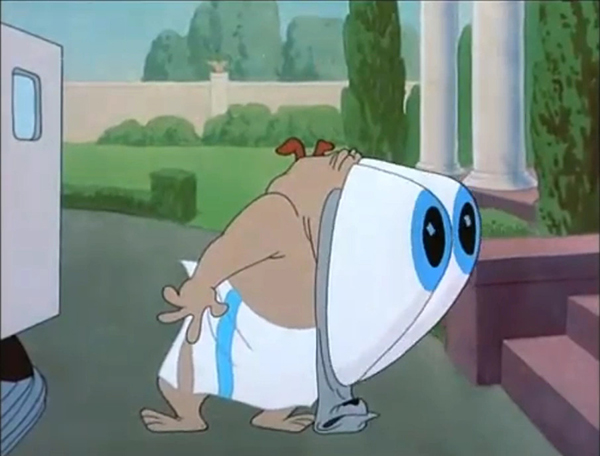
“I think it was his eye!”
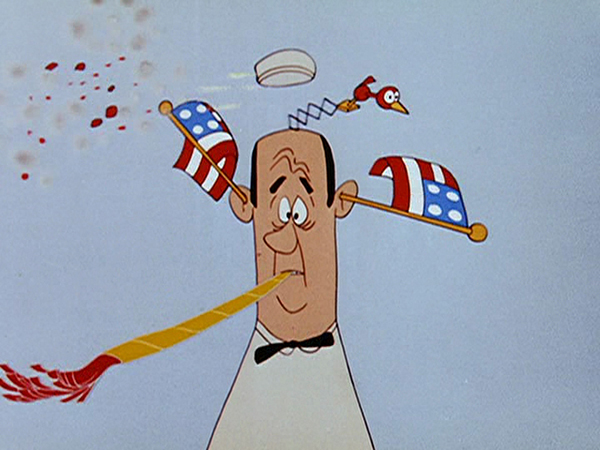
“It is impossible to say how first the idea entered my brain…”
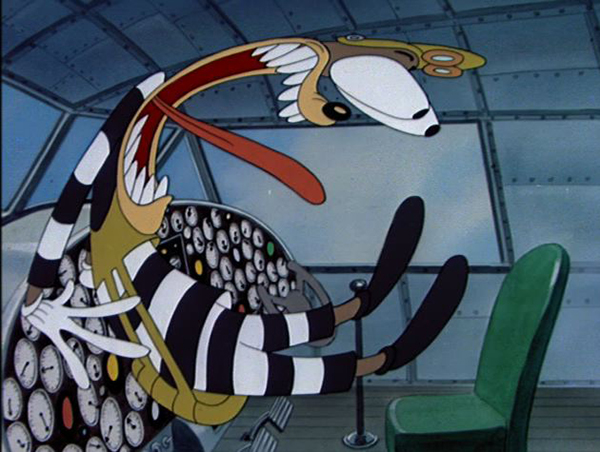
“I knew myself no longer. My original soul seemed, at once, to takes its flight from my body.”
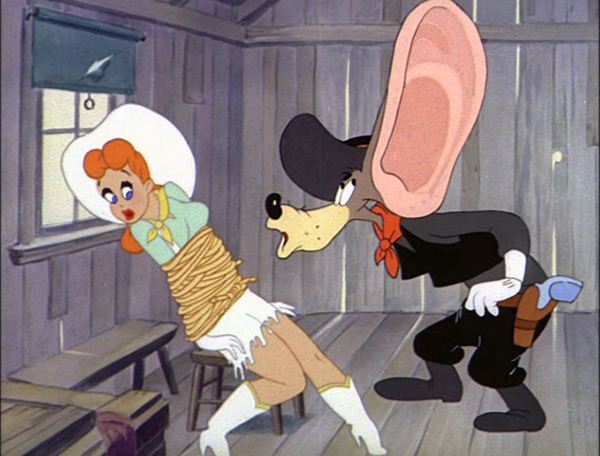
“The disease had sharpened my senses, not destroyed, not dulled them. Above all was the sense of hearing acute.”
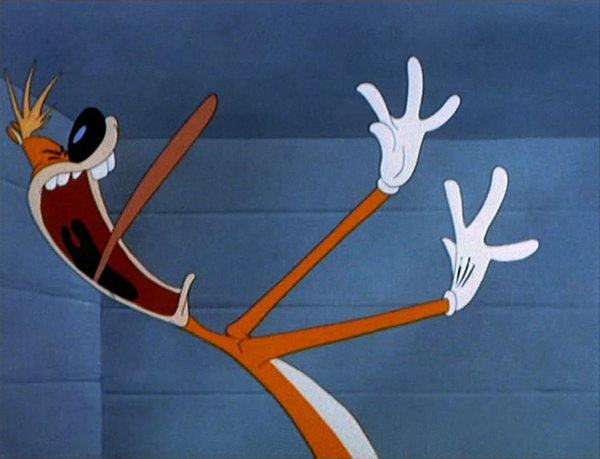
“Here, here! — it is the beating of his hideous heart!”
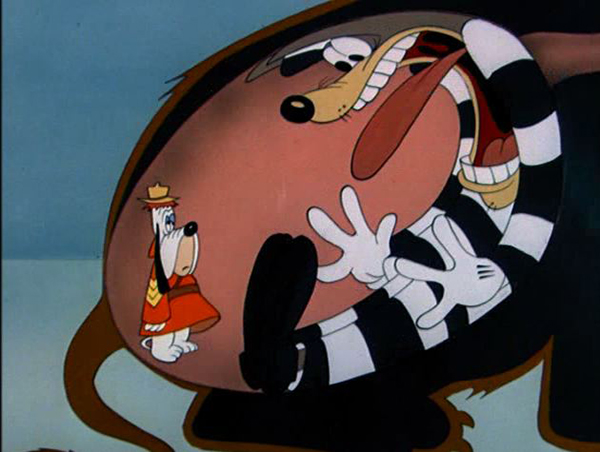
“Deep into that darkness peering, long I stood there, wondering, fearing, doubting, dreaming dreams no mortal ever dared to dream before.”

“Thrilled me — filled me with fantastic terrors never felt before”
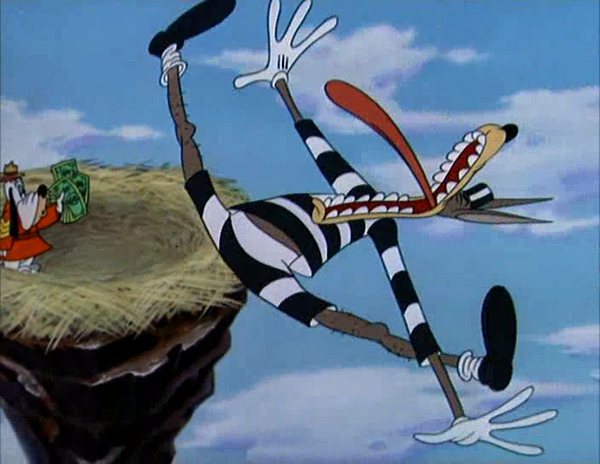
“Long suffering had nearly annihilated all my ordinary powers of mind.”
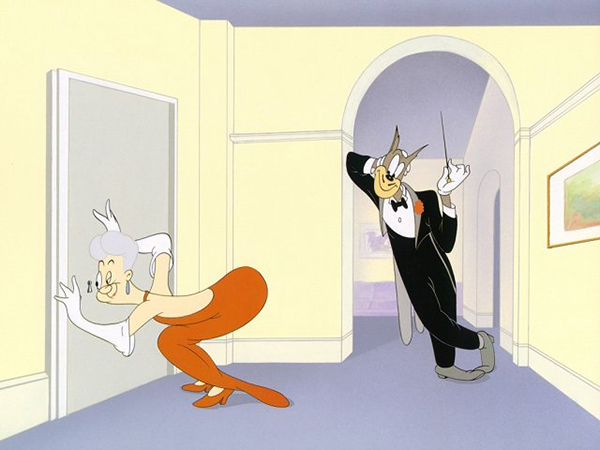
“Who has not, a hundred times, found himself committing a vile or a silly action for no other reason than because he knows he should not?”
Guest Star: Herman Melville.

“Even though white is often associated with things, that are pleasant and pure, there is a peculiar emptiness about the color white. It is the emptiness of the white that is more disturbing, than even the bloodiness of red.”